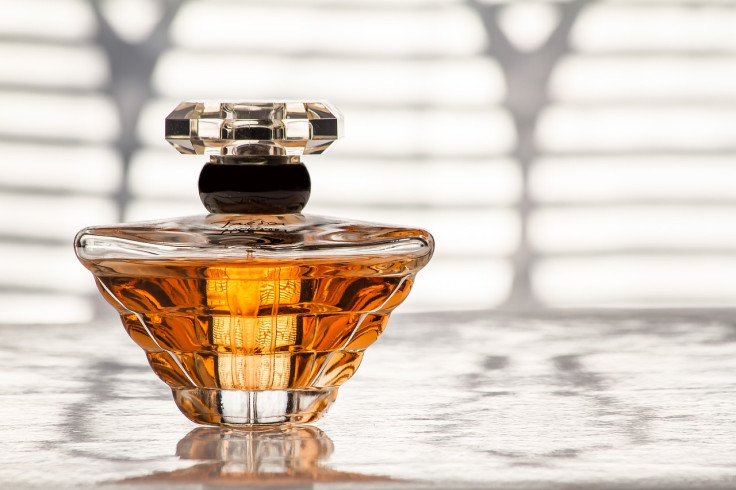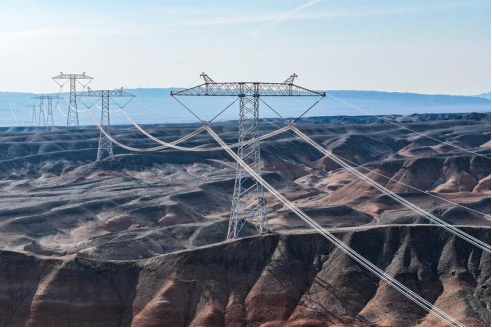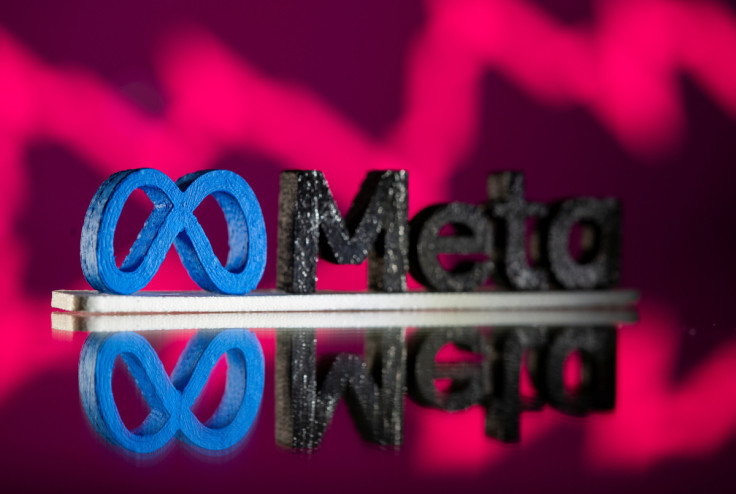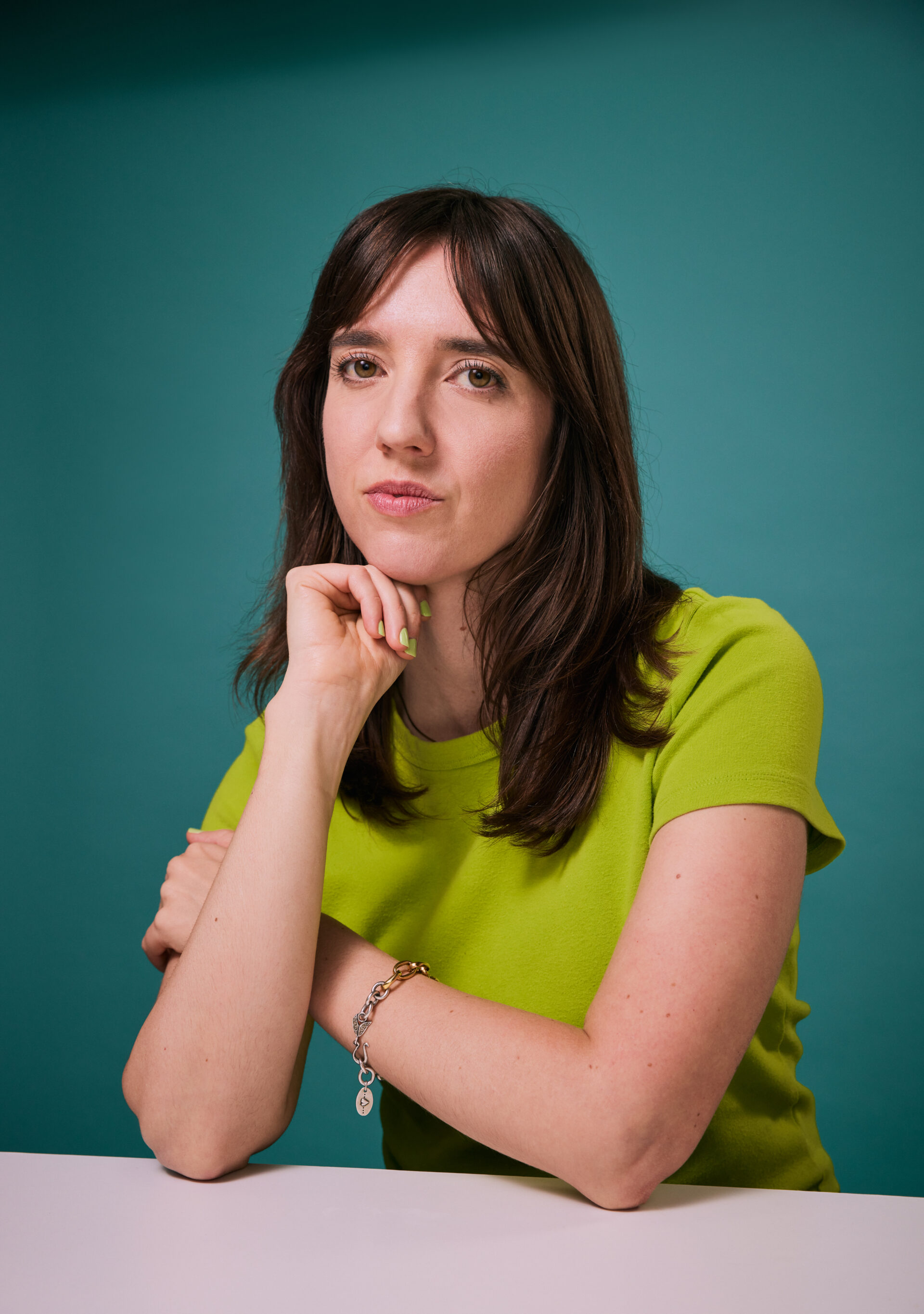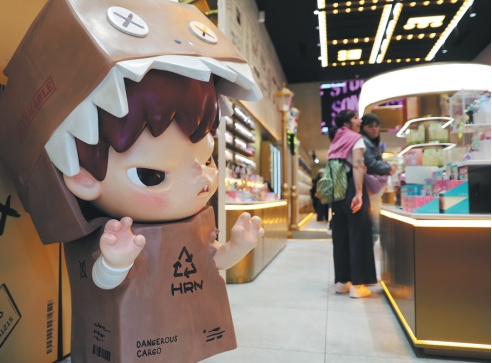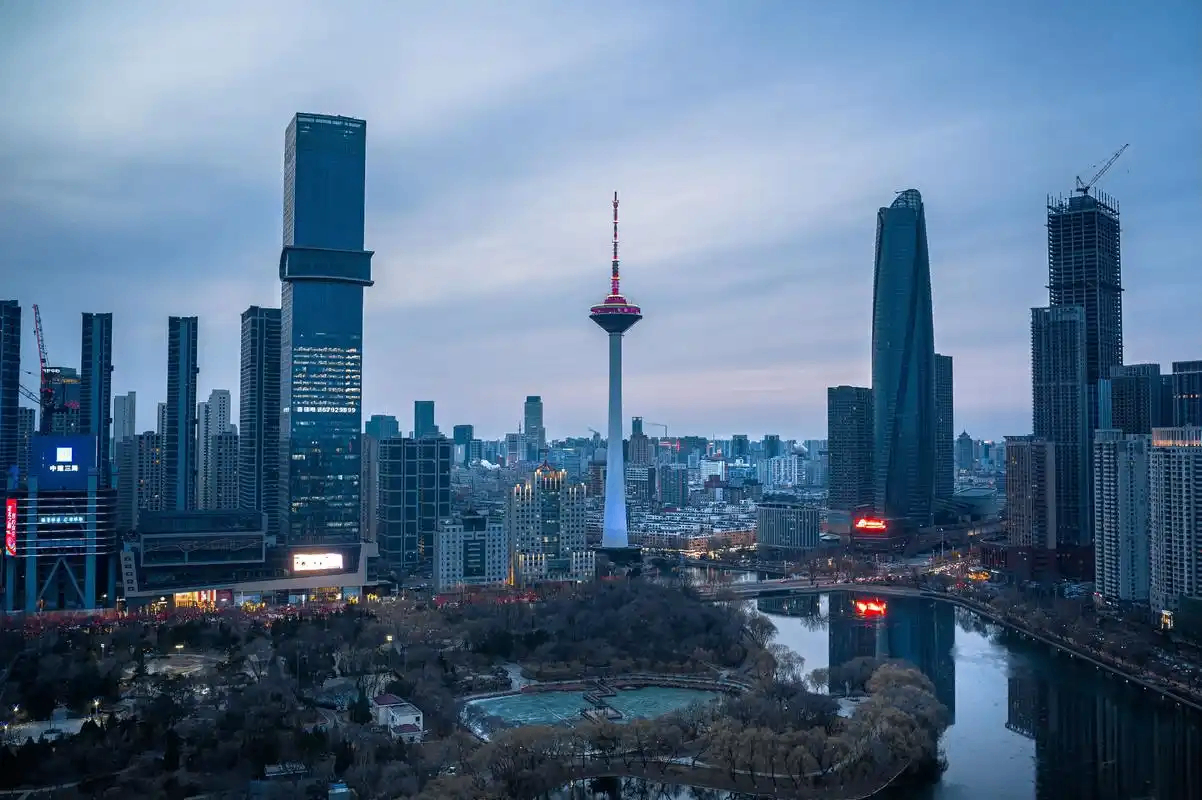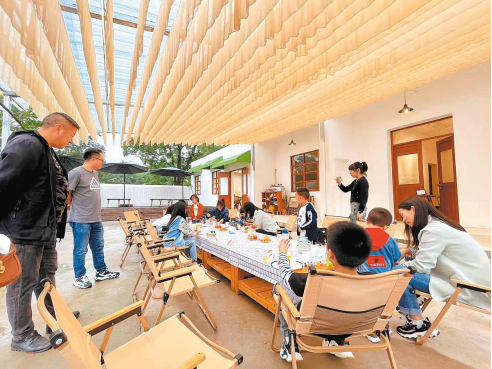For a long time, the film industry firmly believed in boxes, pegging audiences into specific categories and creating work that catered to stereotypes about who they were. Men were assumed to be the only ones to enjoy intellectual films, while women were given fluffy romantic dramas or stories of very little substance, with few movies centring around female characters despite the fact that women have always been the biggest consumers of art.
But after years of insulting stories and projects that belittled the intelligence of female audiences, Hollywood slowly began to shift towards equality as the demand for representation only grew. Efforts such as Gone Girl and shows like Big Little Lies highlighted not only the artistic merit of showcasing the interior lives of multi-dimensional women but also the commercial appeal of these stories.
Since then, the demand for unconventional female characters and gritty stories has grown from strength to strength, with a new wave of weird women in cinema making the rounds through the work of Julia Ducournau and Coralie Fargeat. But while much progress has been made in the last decade or so, there was a time when this kind of storytelling was practically nonexistent, with Winona Ryder sharing her frustrations over the lack of nuanced women’s stories in cinema.
Ryder has famously been under fire many times throughout her career for not fitting into the traditional feminine mould, something that worked to her benefit on the screen but led to struggles behind the scenes. The actor became somewhat of an icon of weird women in the ’80s, with leading roles in gothic films such as Beetlejuice and Heathers, in which she played dark and misunderstood teenagers with a penchant for nihilism.
However, while she was praised for these roles and the cultural impact of these characters, there were still many widespread ideas about how women should behave, with few films outside of her filmography reflecting progressive versions of femininity, with most reiterating limiting patriarchal norms. When discussing her role in Girl, Interrupted, which is perhaps the most praised from her career in its groundbreaking portrayal of mental illness and unconventional women, Ryder voiced her frustration over the very limited range of films made for women and the lack of characters similar to hers in the film.
Ryder explained, “Hollywood seems to want to make softer romantic movies for women like Runaway Bride. I’m not out to bad mouth those films but most of what is offered to young woman in film today is terrible. It’s really an insult. I couldn’t make this movie [Girl, Interrupted] today because I’m 28 and I’m already taking shots from the press about playing a teenager again”.
There used to be very few windows for these types of projects to be made, with Ryder expressing how her age made it less likely that she would be given the chance to reprise another role like this any time soon. Thankfully, the industry has evolved in many ways since then, and Ryder’s career expanded with the changing times, continuing to play weird and wonderful women in projects such as Black Swan and Stranger Things.
Popular News




Current News
Manufacturing

Collaboratively administrate empowered markets via plug-and-play networks. Dynamically procrastinate B2C users after installed base benefits. Dramatically visualize customer directed convergence without
Collaboratively administrate empowered markets via plug-and-play networks. Dynamically procrastinate B2C users after installed base benefits. Dramatically visualize customer directed convergence without revolutionary ROI.





About Us
Tech Photos

